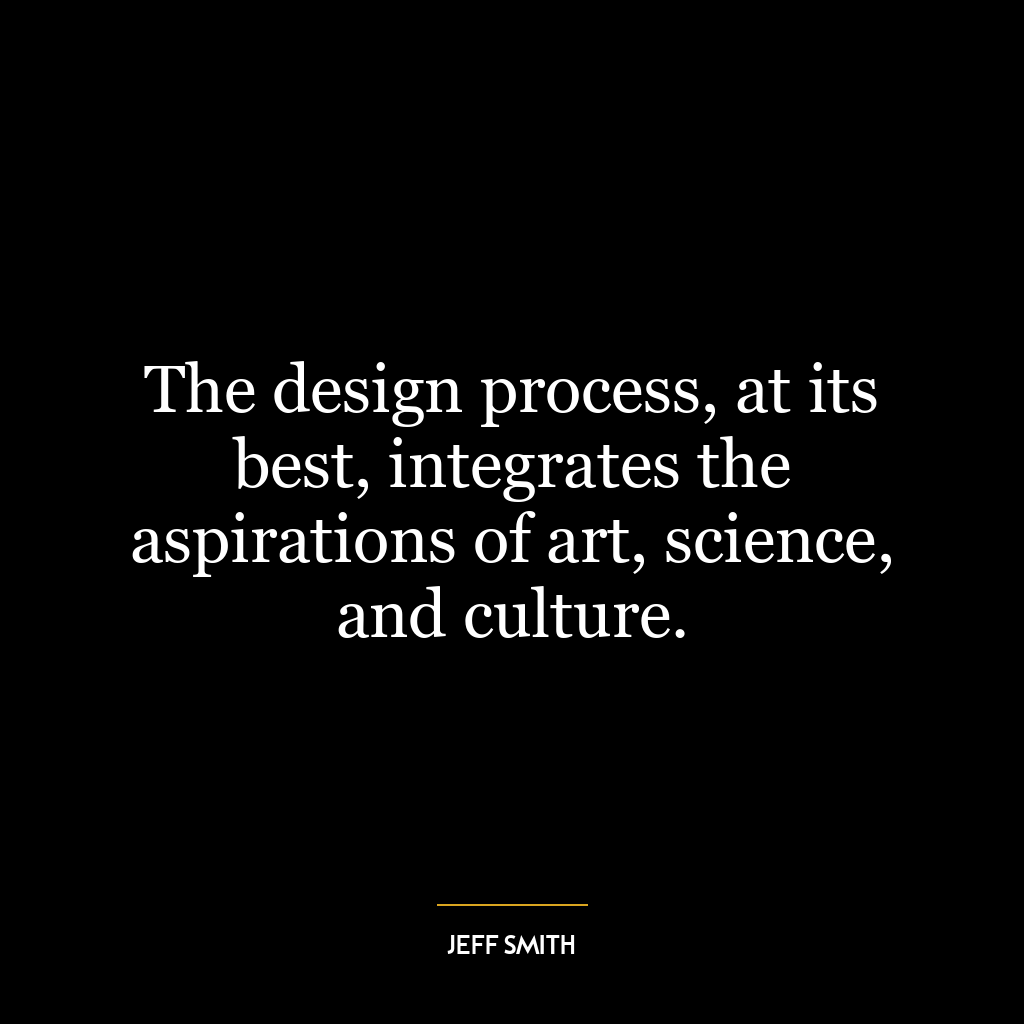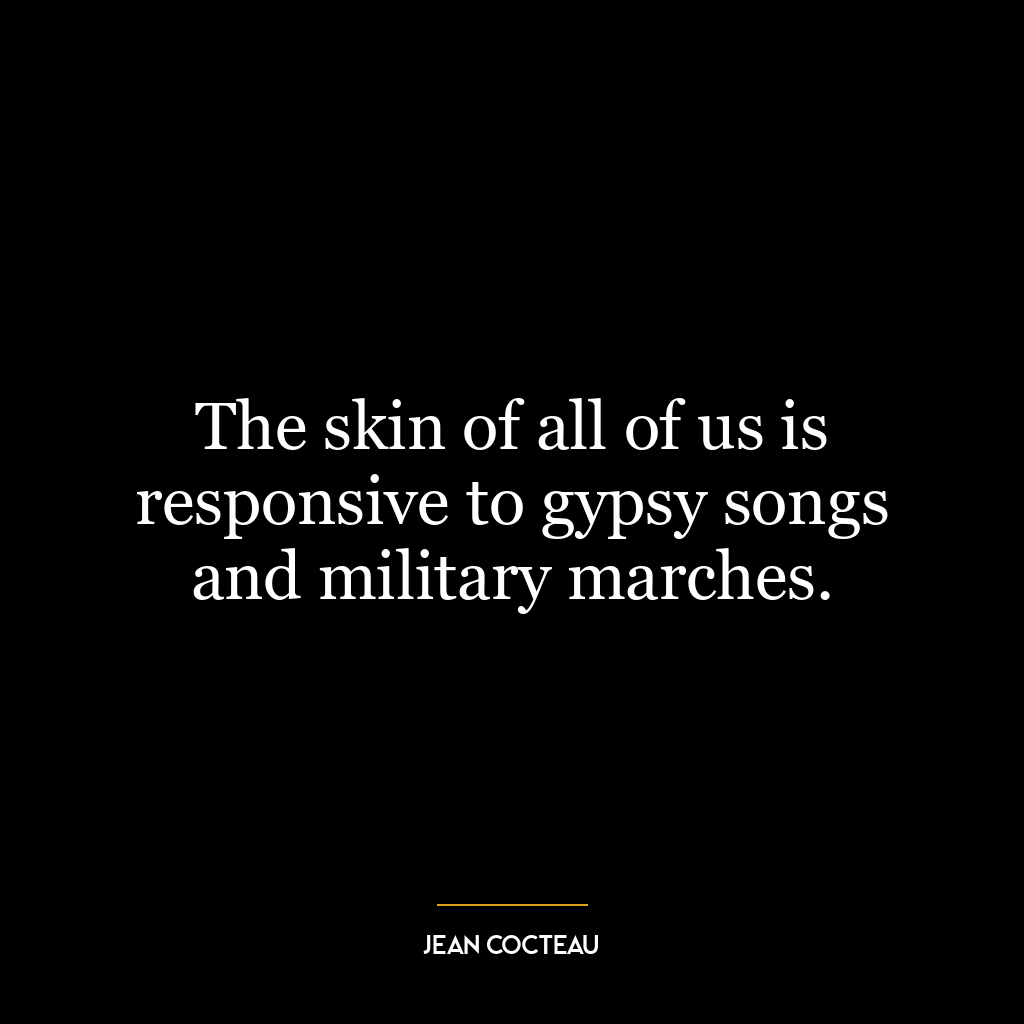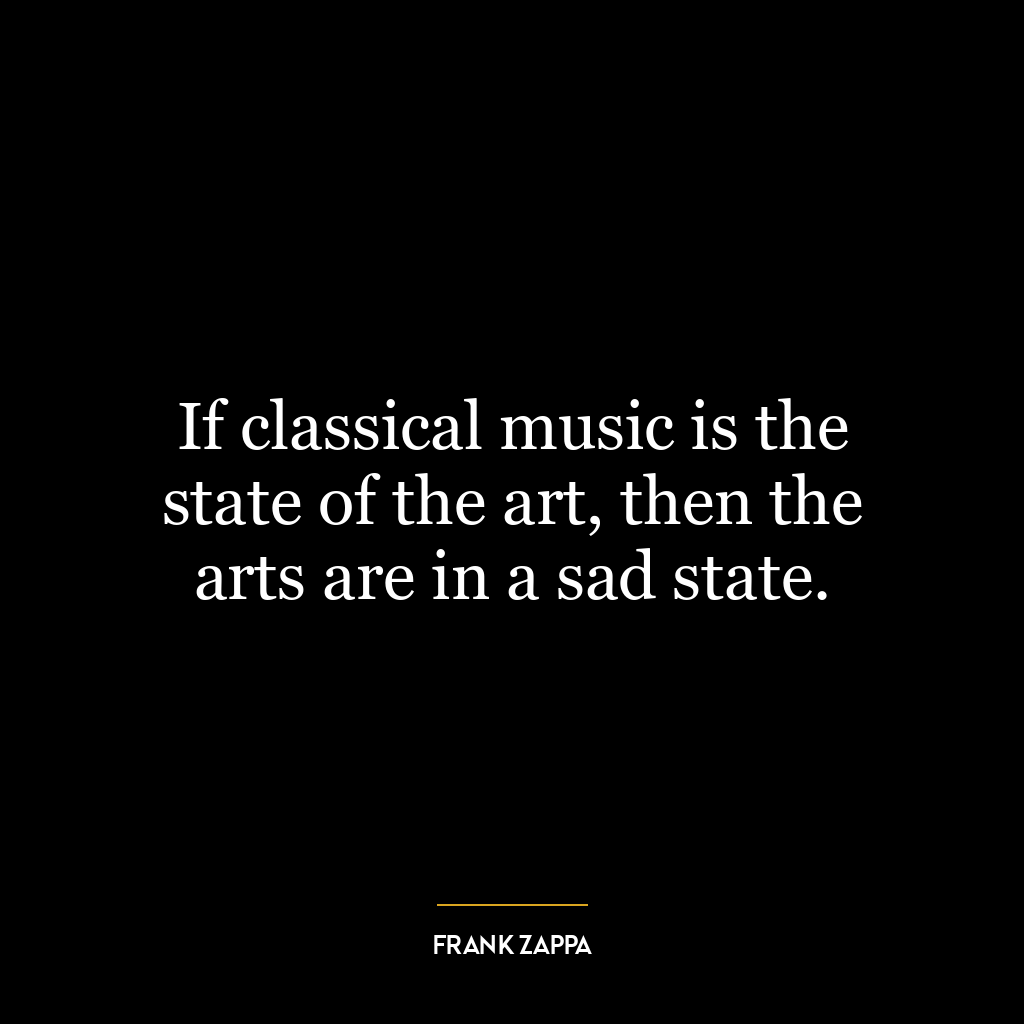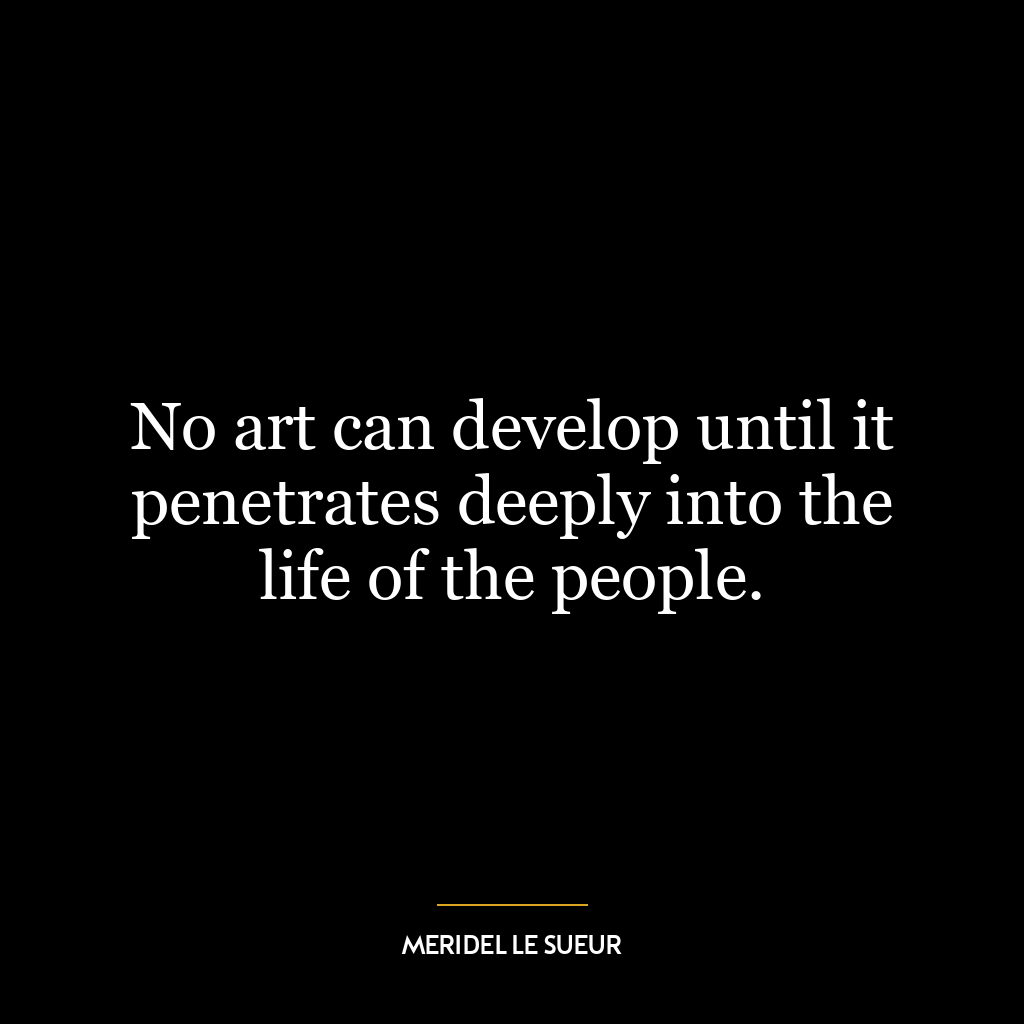Mythology is the crop which the Old World bore before its soil was exhausted.
This quote suggests that mythology was the original product or outcome of the ancient world’s intellectual and cultural efforts, much like a crop is the result of a farmer’s labor on fertile soil. Thoreau is implying that the old world, or ancient civilizations, was rich and fertile in imagination and creativity, which resulted in the creation of mythologies.
Mythology, in this context, represents more than just stories about gods and heroes. It represents the ancient world’s attempts to understand and explain the world around them, their values, their fears, and their hopes. The use of the word "exhausted" suggests that Thoreau believed that this fertility of imagination and creativity was finite and has since been depleted, possibly due to the rise of rational and scientific thought.
Applying this to today’s world, one could argue that while we may have moved away from mythology in a traditional sense, we’ve created new forms of it. For example, our modern mythologies could be seen in our popular culture, in the form of superhero stories or science fiction narratives. These stories, like the ancient myths, reflect our current values, fears, and hopes, and help us make sense of our world.
In terms of personal development, this quote could be a reminder of the importance of creativity and imagination. Just as the "old world" used these tools to understand their world and themselves, so too can we use our creativity and imagination for self-understanding and growth. It could also be seen as a call to ensure that we do not allow our own "soil" to become exhausted – that we continue to nurture our minds and spirits, to continue producing our own "crops" of understanding and growth.












